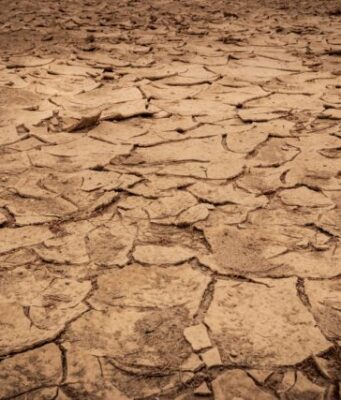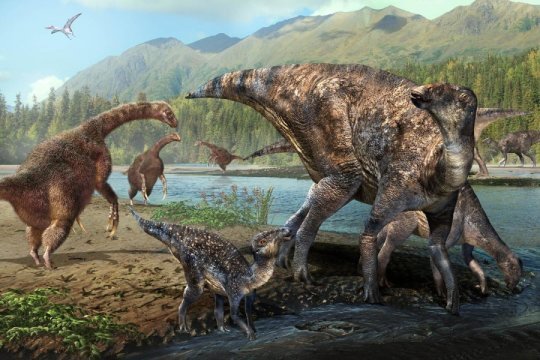If the global population adopted recommended North American dietary guidelines, there wouldn't be enough land to provide the food required, according to a new study co-authored by University of Guelph researchers.
The researchers found that global adherence to United States...
The heat is rising. As California battles another round of wildfires, and 2018 continues toward becoming one of the hottest years on record, a new study predicts that in the coming decades the United States' heat problem will grow...
The oxygenation of Earth's atmosphere was thanks, in part, to iron and silica particles in ancient seawater, according to a new study by geomicrobiologists at the University of Alberta. But these results solve only part of this ancient mystery.
Early...
Trying to tackle climate change by replacing forests with crops for bioenergy power stations that capture carbon dioxide (CO2) could instead increase the amount of CO2 in the atmosphere, scientists say.
Biomass Energy with Carbon Capture and Storage (BECCS) power...
Keeping global warming to within 1.5-2 degrees C may be more difficult than previously assessed, according to researchers. An international team of scientists has published a study in the Proceedings of the National Academy of Sciences (PNAS) showing that...
An international team of paleontologists and other geoscientists has discovered the first North American co-occurrence of hadrosaur and therizinosaur tracks in the lower Cantwell Formation within Denali National Park, suggesting that an aspect of the continental ecosystem of central...
They're impossible to see with the naked eye. They're difficult to pronounce.
But coccolithophores, a single-celled plankton, have an outsized effect on oceans due to their sheer quantity—their blooms are visible from space—and because of the fundamental role they play...
It happened once before, and it could happen again.
That's the warning from ocean scientists at the University of Toronto and the University of California, Santa Cruz in a study published recently in Science that shows how an increase in...
Dry months are getting hotter in large parts of the United States, another sign that human-caused climate change is forcing people to encounter new extremes.
In a study published today in Science Advances, researchers at the University of California, Irvine...
The vast reservoir of carbon stored beneath our feet is entering Earth's atmosphere at an increasing rate, most likely as a result of warming temperatures, suggest observations collected from a variety of the Earth's many ecosystems.
Blame microbes and how...
A new study based on evidence from past warm periods suggests global warming may be double what is forecast.
Future global warming may eventually be twice as warm as projected by climate models and sea levels may rise six metres...


















